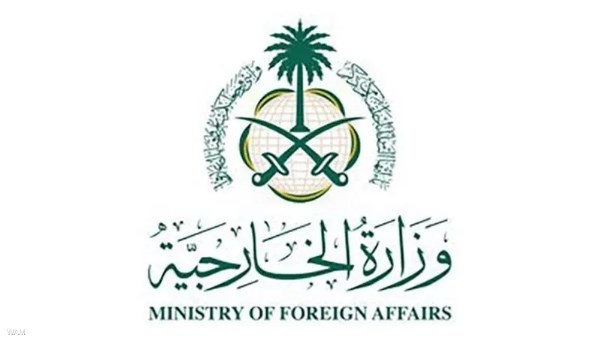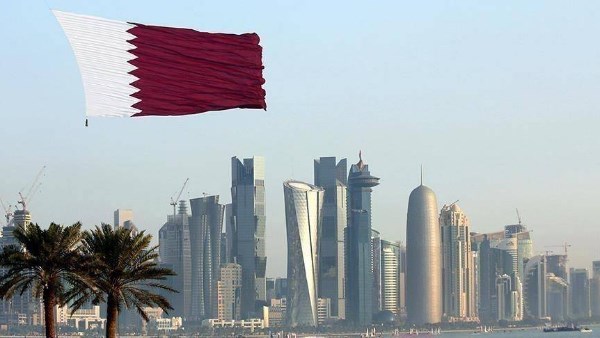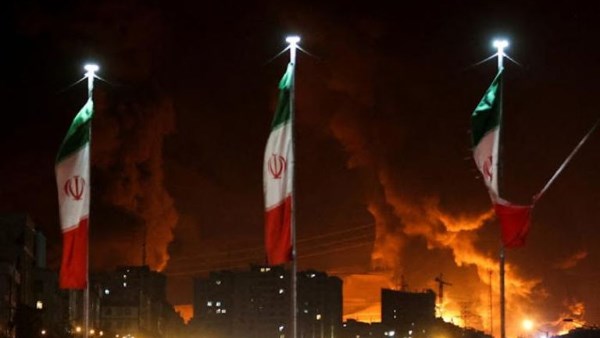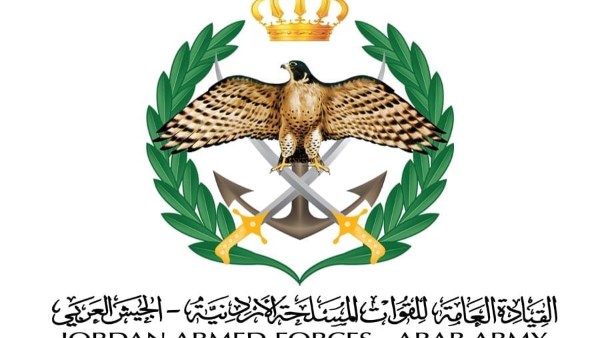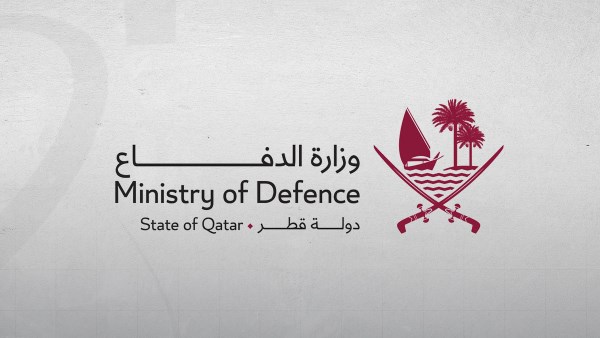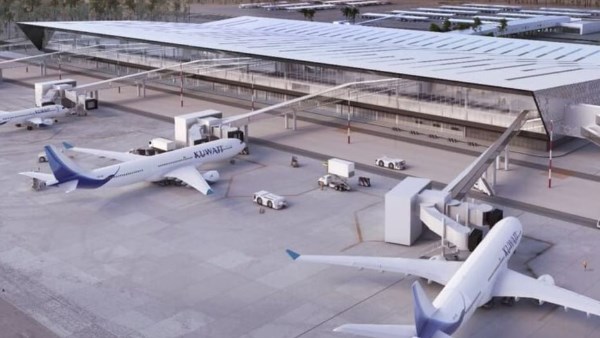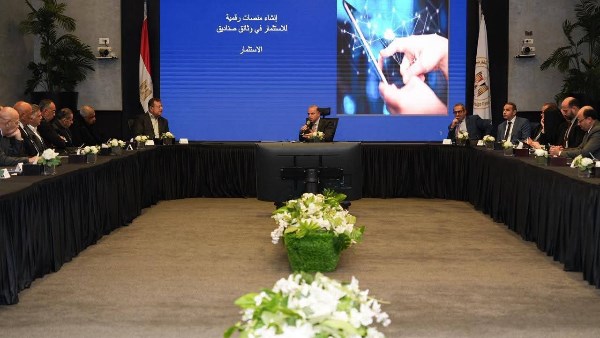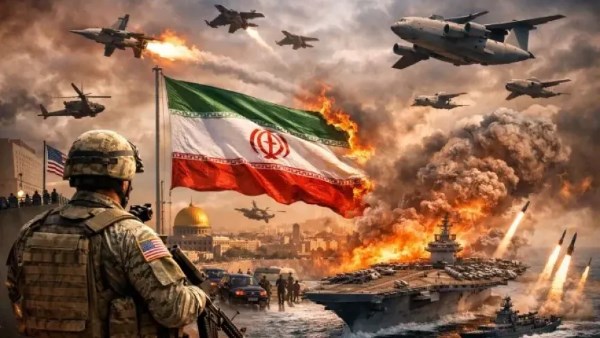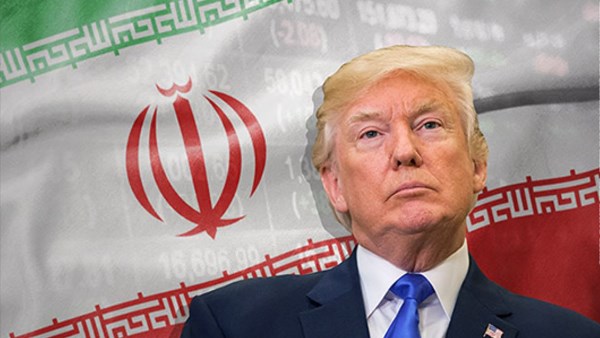
Egypt needs some $2 billion worth of gas to cover summer demand
Egypt counts on foreign funds to buy gas as power crisis worsens

Saudi Arabia and Libya have financed the purchase of gas cargoes worth at least $200 million to help Egypt ease its energy crisis this summer amid a steep decline in domestic gas output، two industry sources familiar with the matter said.
Egypt needs some $2 billion worth of gas to cover summer demand through October، according to one of the two sources familiar with the government's plan، but a hard currency crisis means it lacks funds to fully cover imports of liquefied natural gas.
"Without support from our friends in the Gulf، we won't be able to pay for these shipments،" one of the sources said. He added officials were looking to raise more money from allies.
The two sources said Saudi Arabia had financed three of the 32 LNG cargoes Cairo has bought so far this year، which according to Reuters calculations are worth around $150 million at current prices.
Libya bought one cargo in July worth around $50 million with funds of the Libyan National Oil Corporation، the sources added. Egypt’s gas bill and funding from Saudi Arabia and Libya have not been previously reported.
A spokesperson for Egypt's petroleum ministry said gas tender details were confidential. The Saudi government، Saudi Arabia's central bank and Libya's state energy firm NOC did not respond to Reuters' requests for comment.
Saudi Arabia and theUnited Arab Emirateshave poured tens of billions of dollars into Egypt to support President Abdel Fattah Al-Sisi، who they view as an important ally.
Egypt has had toresort to load-sheddingin the last year to keep its grid functioning amid a lack of gas supply and rising demand، and the deepening energy crisis is straining Cairo's budget as it grapples with a heavy subsidies bill.
FALL AFTER PEAK
Egypt’s domestic gas output plummeted to a six-year low in May، down around 25% from its 2021 peak، and is expected to fall by a further 22.5% through 2028، consultancy Energy Aspects said.
The country had planned to become a major gas exporter after Italian energy group Eni discovered the giant Zohr offshore field in 2015.
Its energy ministry at the time said when Zohr started production in 2017 that the field would produce 2.7 billion cubic feet per day until 2039، but after rising to a peak at 3.2 bcf/d in 2019 output fell to just 1.9 bcf/d in the first half of 2024.
Four industry and diplomatic sources said Zohr's speedy development has injected too much water into the reservoir and made gas extraction more difficult.
Eni said production from Zohr was in line with what it had been forecasting and what had been agreed with its partners and authorities.
The group added that plans for the field's output had to be updated following slower development during the COVID-19 pandemic. Zohr's development has been in line with Eni's fast-track model، the Italian group also said.
The same four sources said investments in the gas industry have also slowed because Egypt has accumulated around $6 billion worth of debt for gas and fuel supplies.
Egypt's debt to Eni alone - mainly related to gas - stood at nearly $1.27 billion at the end of June، up from $1.16 billion at the end of last year.
Eni's spokesperson said the situation had begun to improve from July as the country started to repay some debts.
In the first months of 2024، Eni reduced its investments in the country on the basis of assessments of efficiency and field performance، the spokesperson said.
A source close to Malaysia's Petronas said the firm has also paused investments in its West Nile Delta project as it waits to be repaid hundreds of million of dollars of debts.
Petronas did not respond to Reuters' request for comment.





-1120252475029447.jpg)




